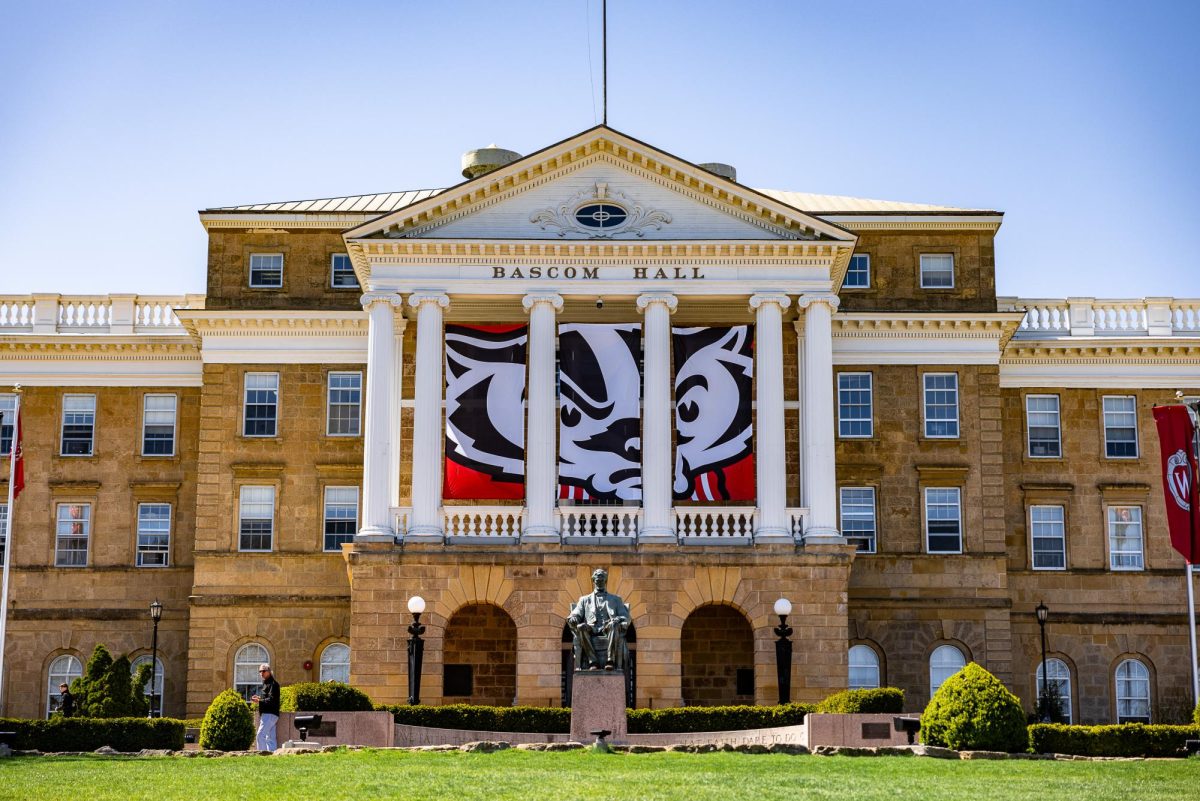Gov. Scott Walker proposed a plan Wednesday that would deny a full Medicaid expansion but find a way to reduce the uninsured by a slightly smaller number.
At a Wisconsin Manufacturers and Commerce convention, Walker said he would reduce the number of uninsured in the state by 224,580. That is about 28,000 less than the 252,678 who would have been covered had he taken the full expansion.
Walker said his proposal is meant to help those who are “truly poor” and reduce dependence on the government among the less poor.
“Some will portray this as not caring about people,” Walker said. “I think it’s just the opposite. I care too much about the people of this state not to empower them to control their own destiny.”
The state’s Medicaid program for childless adults under 200 percent of the federal poverty line currently has about 20,000 enrollees but a waitlist of about 150,000 because of a 2009 enrollment cap.
Walker’s plan would remove that cap for the poorest, allowing more people in Medicaid. It would then move higher-income parents in the Medicaid program onto private insurance exchanges.
The insurance exchanges – online marketplaces where uninsured individuals and small businesses can purchase insurance – are supposed to begin in 2014. The federal government gives some subsidies for those under 400 percent of the FPL.
Walker decided last year not to set up the exchanges and to leave that responsibility to the federal government. If the exchanges are not up by its scheduled launch, Walker said he would keep parents in the Medicaid program.
Walker said parents could afford the sliding premium prices in the exchanges, the lowest of which for an individual is $19 a month, and the highest of which is $121 a month. Those numbers do not include co-payments or deductibles.
“Any reasonable conclusion shows that it’s extremely affordable,” Walker said.
Democrats and some health care advocacy groups released statements voicing their disappointment with Walker’s proposal. They said he is leaving people without insurance and also noted the state would never pay more than 10 percent for the expansion.
Rep. Jon Richards, D-Milwaukee, said in a conference call to reporters Walker turned down a “good deal” for the state as well as about 10,000 jobs that would have come with the expansion.
Jon Peacock, Wisconsin Council on Children and Families research director, said Walker’s plan would hurt low-income parents by pushing them onto the less affordable exchanges.
“The governor’s Medicaid proposal represents a significant step backward in access to affordable health care for low-income parents,” Peacock said.
The Legislature has to approve Walker’s plan, and then federal officials would need to approve it as well. Dennis Smith, Wisconsin Department of Health Services secretary, told reporters in a conference call federal officials would likely approve it, according to The Milwaukee Journal Sentinel.
Walker said the state’s Medicaid numbers would drop by 5,417 under his plan. Smith told reporters he estimates the state would move 87,000 people from Medicaid to the exchanges, and 82,000 who are currently not in Medicaid would join the program.
This proposal would not affect the elderly or the children of parents who would move to private plans.
Walker unsure about federal funds
Although the full expansion would have expanded the state’s Medicaid rolls, the federal government would fully pay for the expansion until 2016. The federal aid would then gradually drop to 90 percent in 2020. That compares to the 60 percent the federal government pays for the existing Medicaid program.
A nonpartisan Legislative Fiscal Bureau analysis earlier this month showed the state would save $65.9 million in the expansion’s first three years. Although Walker noted he is not taking those savings, he said his plan would not increase Medicaid expenses.
Between 2016 and 2010, the state would pay $66.7 million more with the expansion, although that is about 65 times less than the $4.38 billion the federal government would pay.
Walker said given the federal government’s debt problems, he is unsure whether Congress would meet that funding promise.
But according to The Hill, Gene Sperling, one of President Barack Obama’s top advisers, said last month states should take the expansion trusting “the rug will not be pulled out from under them.”
Federal officials have also said states can back out of the expansion at any time, according to The Associated Press.
Walker joins some Republican governors in turning down the expansion. Others, like Gov. Jan Brewer, R-Ariz., and Gov. John Kasich, R-Ohio, have accepted it.
The Associated Press contributed to this story.















